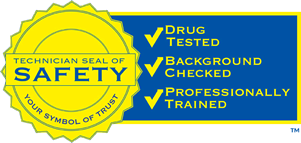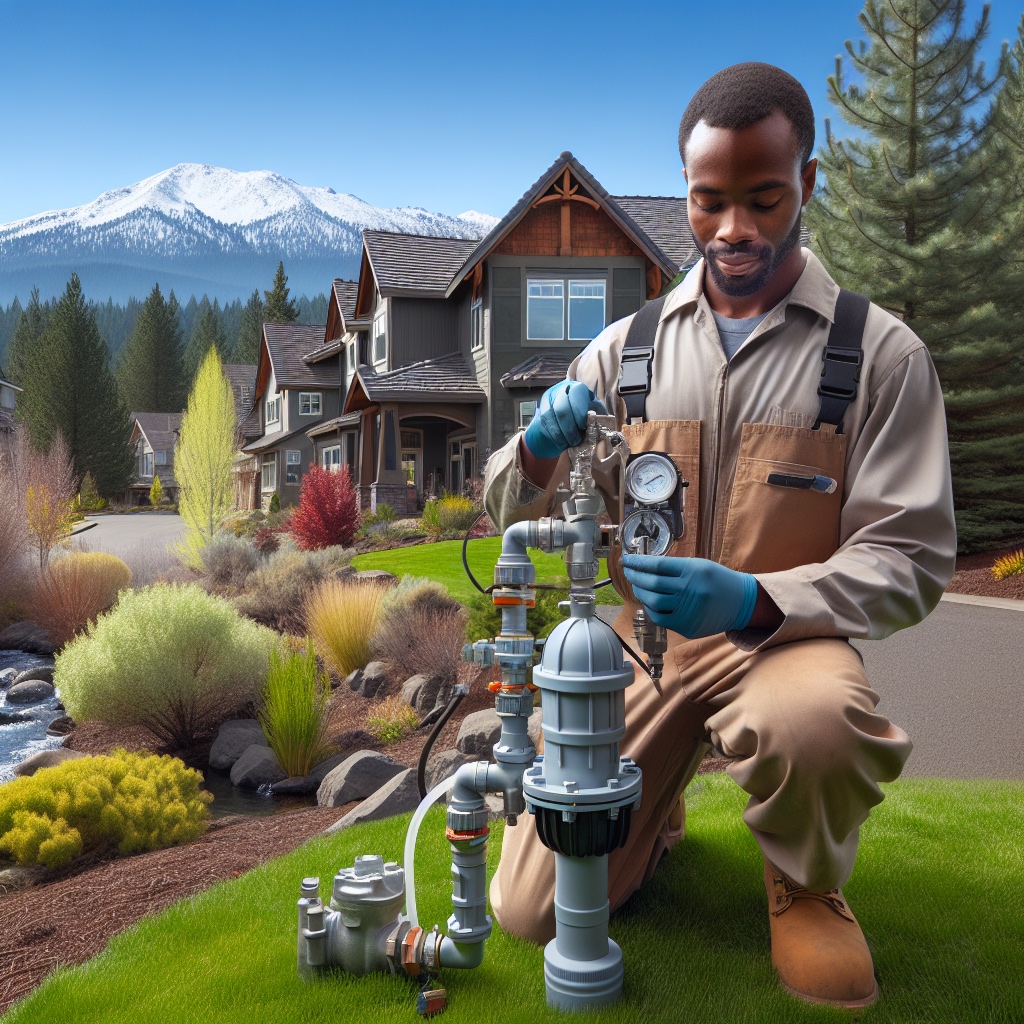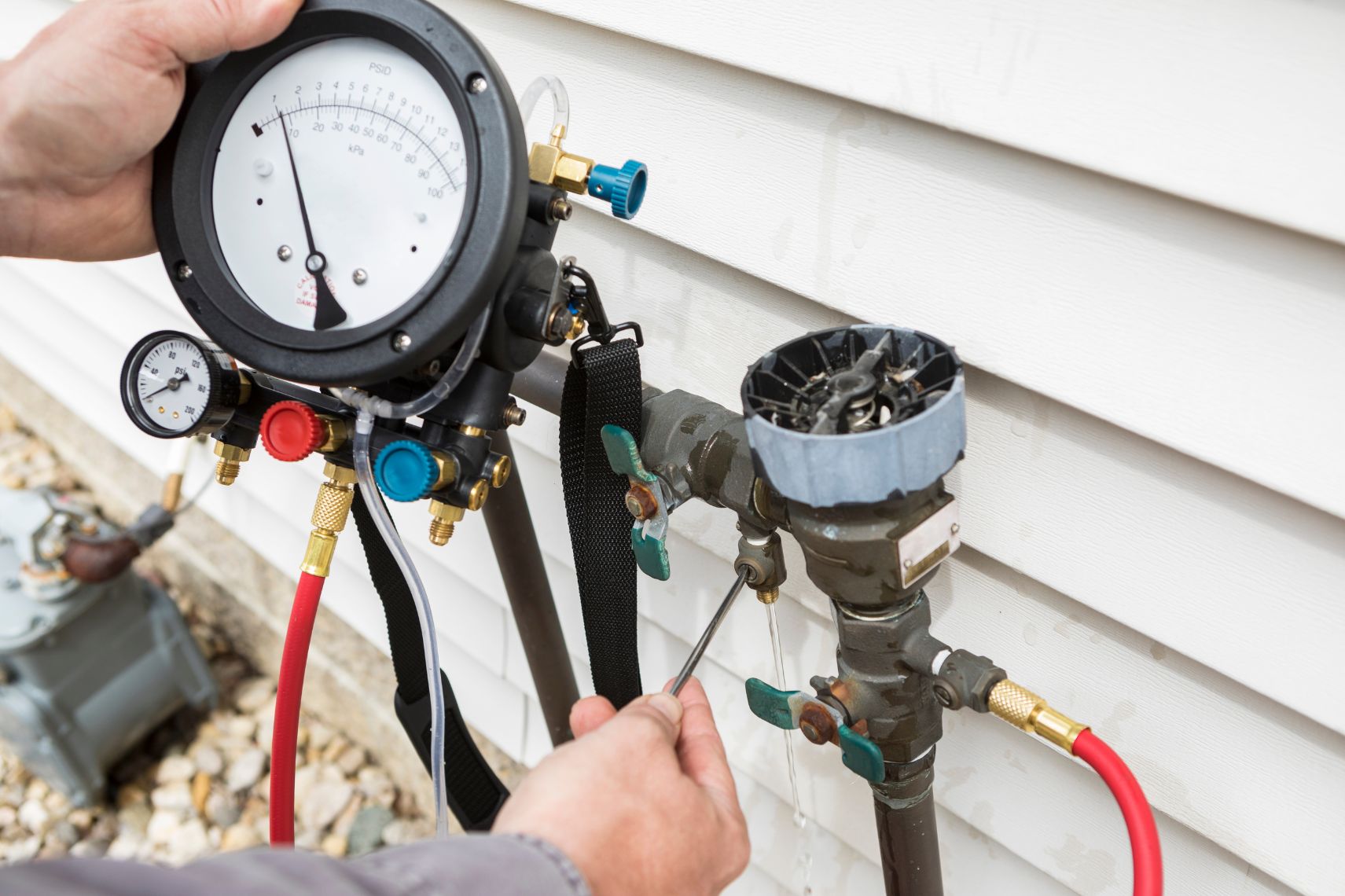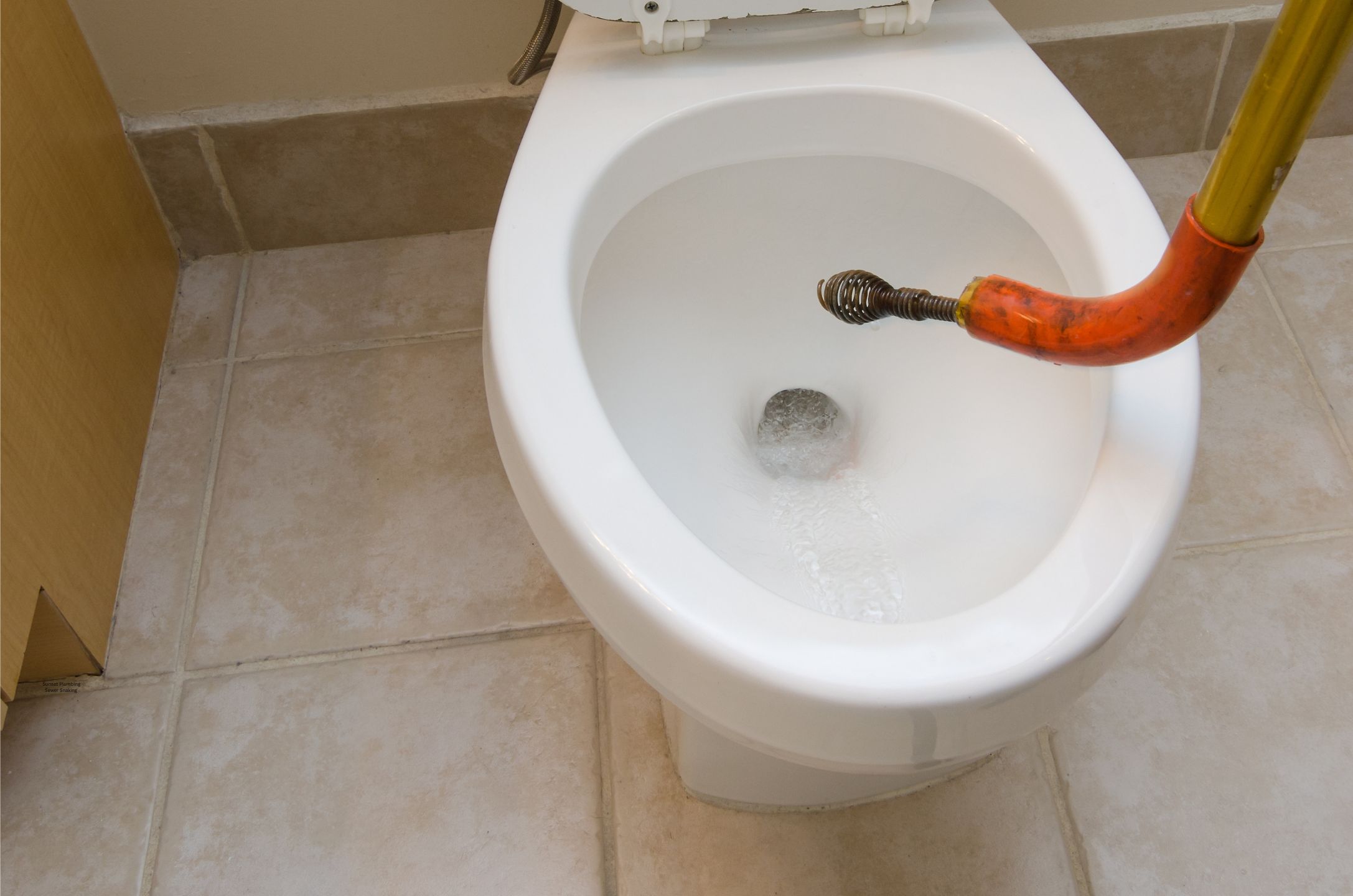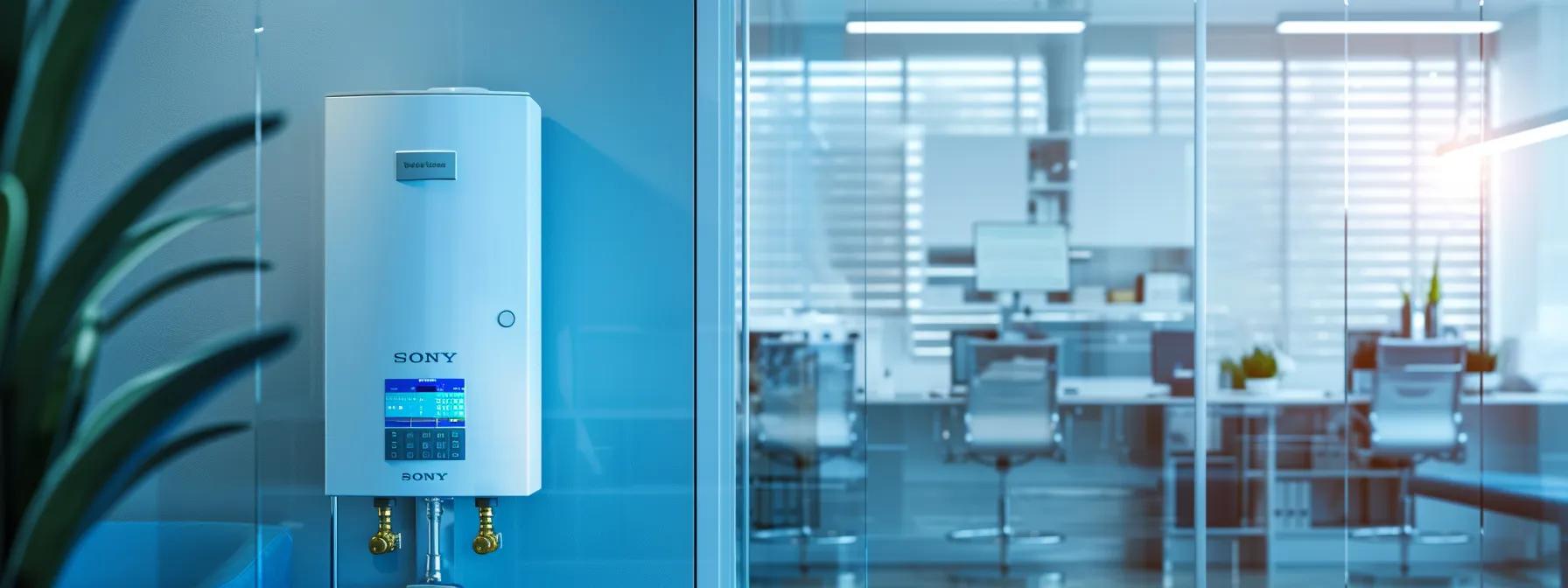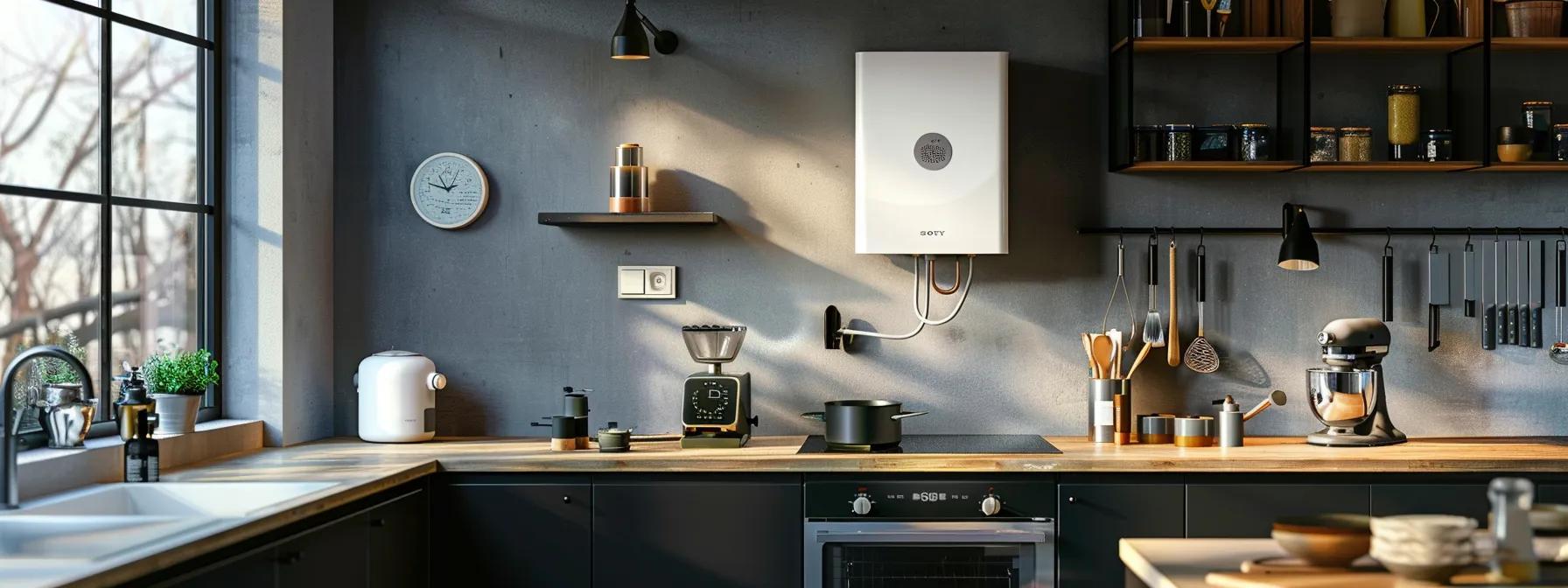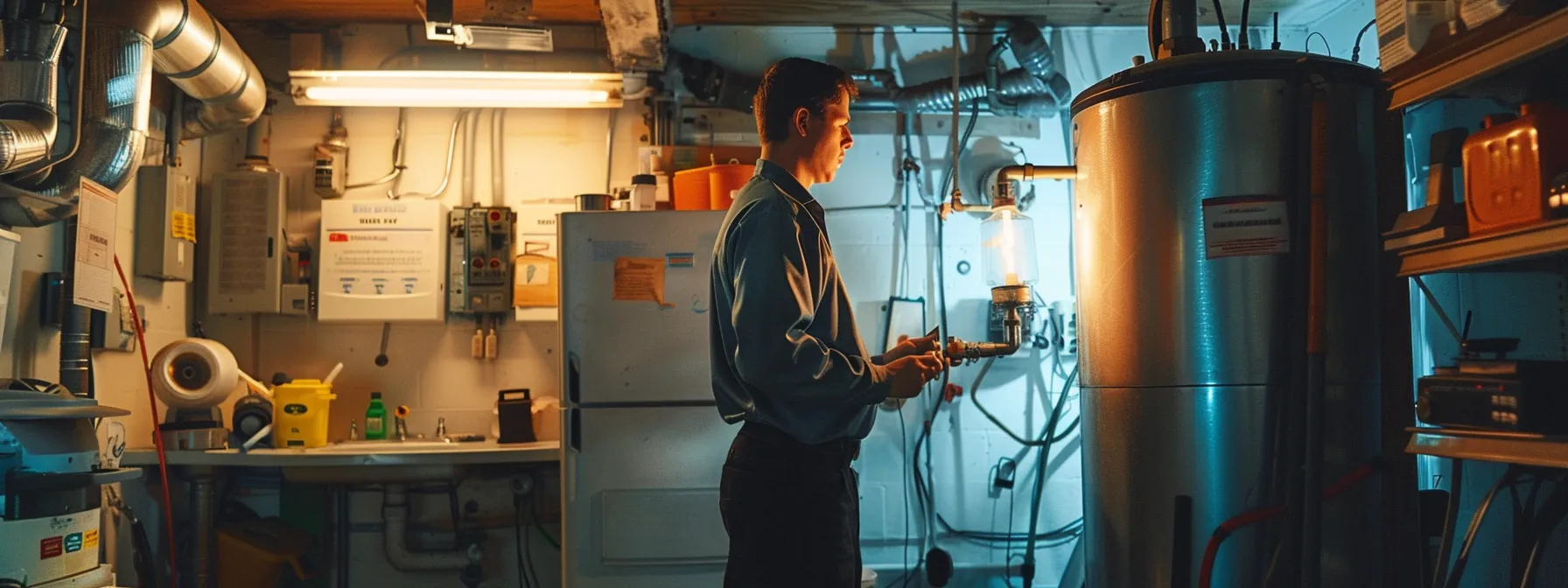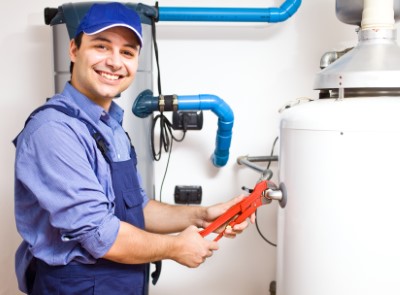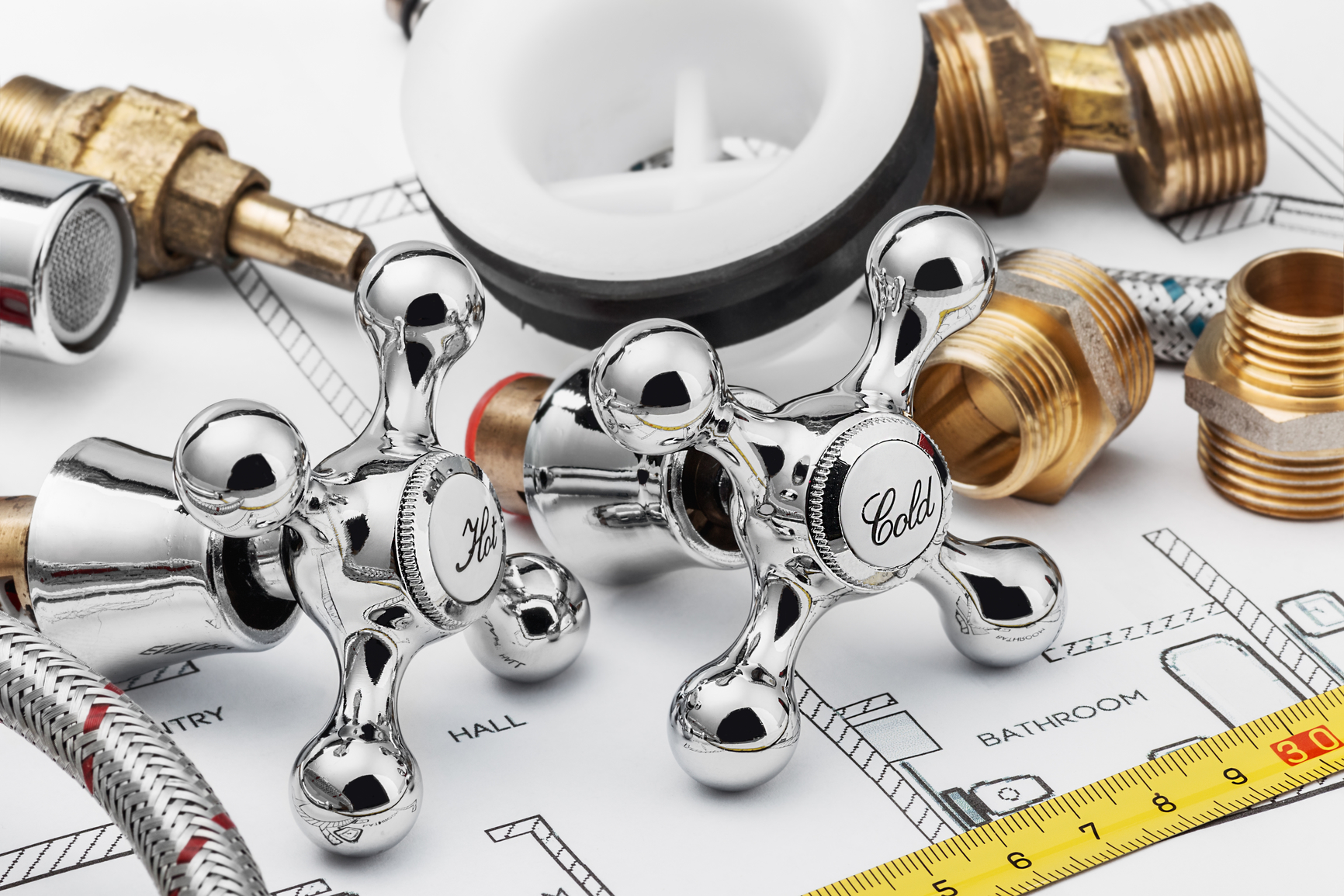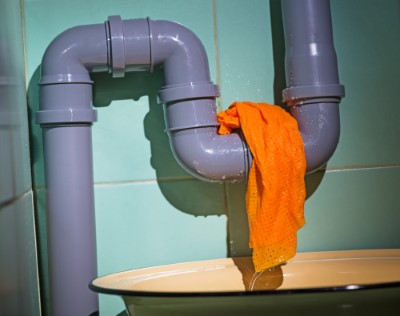Imagine turning on your faucet to get a glass of water, and instead of clear clean water, what comes out is contaminated with dangerous bacteria or harmful chemicals. This is a real possibility if your plumbing system experiences backflow. If you’re a homeowner or business owner in Central Oregon, then you need to be aware of the importance of backflow testing. This process can protect your water supply from becoming polluted. In this article, we’ll delve into what backflow is, how testing works, and why it’s crucial for the residents of Central Oregon.
Understanding Backflow
Backflow refers to a situation where water reverses its normal flow direction in your plumbing system. This usually happens due to a sudden change in pressure within the system, and can result in contaminated water flowing back into your clean water supply. Backflows are a serious health risk because they can introduce harmful substances such as pesticides, feces, and chemicals from cleaning agents into potable water.
There are two types of backflow – backpressure and backsiphonage. Backpressure occurs when the pressure downstream becomes higher than the supply pressure. On the other hand, backsiphonage occurs when there’s a negative pressure in the supply line. Both situations can lead to contamination of the clean water supply.
A Look at Backflow Preventers
To prevent backflow situations, most plumbing systems have backflow preventers. These devices are designed to allow water to flow in one direction only – from the public water system to your property. In case of a sudden change in pressure that could lead to backflow, these devices close off, protecting your clean water supply.
However, like any other mechanical device, backflow preventers are not foolproof. They may fail or wear out over time, and this is where backflow testing becomes critical. Regular testing ensures that these devices are functioning correctly and protecting your water supply as they should.
The Importance of Backflow Testing
Backflow testing is the process of checking your plumbing system’s backflow prevention devices to ensure they are in top-notch condition. This routine maintenance step is crucial because, without it, there’s no reliable way of telling if your preventer is working correctly or not.
As a resident of Central Oregon, regular backflow testing is imperative for both compliance and safety reasons. Oregon laws require residential and commercial property owners to have their backflow preventers tested annually by licensed and certified professionals. Non-compliance can result in penalties and fines.
How Backflow Testing Works
Backflow testing might seem like a complex process, but it’s relatively straightforward when performed by a skilled professional. The process involves checking the pressure in your system using specialized equipment and then assessing the performance of the backflow preventer under different pressure scenarios.
The tester will first turn off the downstream shutoff valve and observe the reaction of the first check valve. Then, they’ll repeat this with the upstream shutoff valve and the second check valve. If at any point during the test the valves fail to respond as they should, it’s an indicator that your preventer may need repairing or replacing.
Finding a Certified Backflow Tester
Given that backflow testing is mandated by law, it’s crucial to engage a certified tester like Sunset Plumbing In Bend to perform this task. In Central Oregon, there are several plumbing professionals certified in backflow testing and capable of providing this service. Remember, hiring an uncertified person for this task may lead to legal complications and compromise your water supply’s safety.
When looking for a certified backflow tester, be sure to check their credentials and ask for references. A reputable professional will have no problem providing you with proof of their certification and testimonials from previous clients.
What Happens After a Failed Backflow Test?
If your backflow preventer fails during testing, it needs to be repaired or replaced immediately. The tester will advise you on the best course of action based on the device’s condition. In some cases, a simple repair might be enough, while in others, a full replacement might be necessary.
Remember, ignoring a failed backflow test is not an option. Your family’s health and legal obligations make it crucial to address any backflow issues promptly. And while dealing with a failed backflow test can be inconvenient, it’s far preferable to dealing with the consequences of contaminated water.
Frequently Asked Questions
1. What is backflow?
Backflow refers to a situation where water reverses its normal flow direction in your plumbing system. This usually happens due to a sudden change in pressure within the system, and can result in contaminated water flowing back into your clean water supply.
2. How does backflow occur?
Backflow can happen due to either backpressure or backsiphonage. Backpressure occurs when the pressure downstream becomes higher than the supply pressure. Backsiphonage happens when there’s a negative pressure in the supply line.
3. What are backflow preventers?
Backflow preventers are mechanical devices installed in your plumbing system that allow water to flow in one direction only – from the public water system to your property.
4. Why is backflow testing necessary?
Backflow testing is crucial as it ensures that the backflow prevention devices are functioning correctly and protecting your clean water supply as they should.
5. How often should backflow testing be done?
Oregon laws require residential and commercial property owners to have their backflow preventers tested annually by licensed and certified professionals.
6. Who can conduct backflow testing?
Only licensed and certified professionals are allowed to perform backflow testing. Hiring an uncertified person for this task may lead to legal complications and compromise your water supply’s safety.
7. How is backflow testing performed?
The process involves checking the pressure in your system using specialized equipment and then assessing the performance of the backflow preventer under different pressure scenarios.
8. What happens if my backflow preventer fails the test?
If your backflow preventer fails during testing, it needs to be repaired or replaced immediately. The tester will advise you on the best course of action based on the device’s condition.
9. What are the risks of ignoring a failed backflow test?
Ignoring a failed backflow test is not an option. It’s crucial to address any backflow issues promptly to ensure the health safety of your family and to comply with legal obligations.
10. How can I find a certified backflow tester?
In Central Oregon, there are several plumbing professionals certified in backflow testing. When looking for one, ensure to check their credentials and ask for references.
11. Can I test my backflow preventer myself?
No, backflow testing should be done by a licensed and certified professional to comply with legal requirements and ensure accurate results.
12. What contaminants may enter my water supply due to backflow?
Backflows can introduce harmful substances such as pesticides, feces, and chemicals from cleaning agents into your potable water.
13. Can a failed backflow preventer be repaired?
In some cases, a simple repair might be enough to fix a failed backflow preventer. However, in others, a full replacement might be necessary.
14. Are there penalties for non-compliance with backflow testing laws?
Yes, non-compliance with Oregon’s backflow testing laws can result in penalties and fines.
15. Can I install a backflow preventer by myself?
It’s highly recommended to have a licensed professional install your backflow preventer. Improper installation can lead to malfunctions and compromise the safety of your water supply.
Final Thoughts
Kudos to you for taking the time to educate yourself about the importance of backflow testing. This proactive step shows your commitment towards safeguarding your home or business’s water supply, ensuring health safety, and adhering to legal obligations. With a certified professional by your side, rest assured that your plumbing system will be well-maintained and prepared for any backflow incidents. Remember, the health of your family or employees is paramount; never take chances when it comes to water safety.

